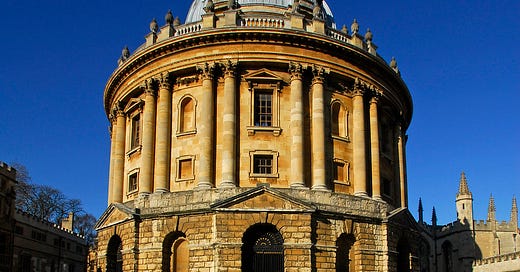Freedom for Obedience
The Third Sunday after Pentecost (Year C)
Scripture (semicontinuous)
Old Testament: 2 Kings 2:1-2, 6-14
Psalter: Psalm 77:1-2, 11-20
Epistle: Galatians 5:1, 13-25
Gospel: Luke 9:51-62
Scripture (complementary)
Old Testament: 1 Kings 19:15-16, 19-21
Psalter: Psalm 16
Epistle: Galatians 5:1, 13-25
Gospel: Luke 9:51-62
___
Prayer
God, you call us to go where Christ leads. Turn us from the ways of the world; g…
Keep reading with a 7-day free trial
Subscribe to Faith Seeking Understanding to keep reading this post and get 7 days of free access to the full post archives.




